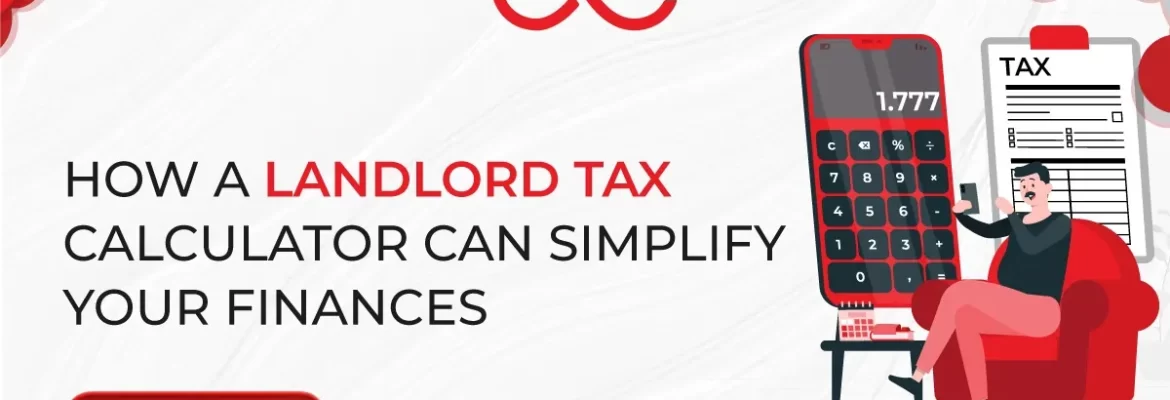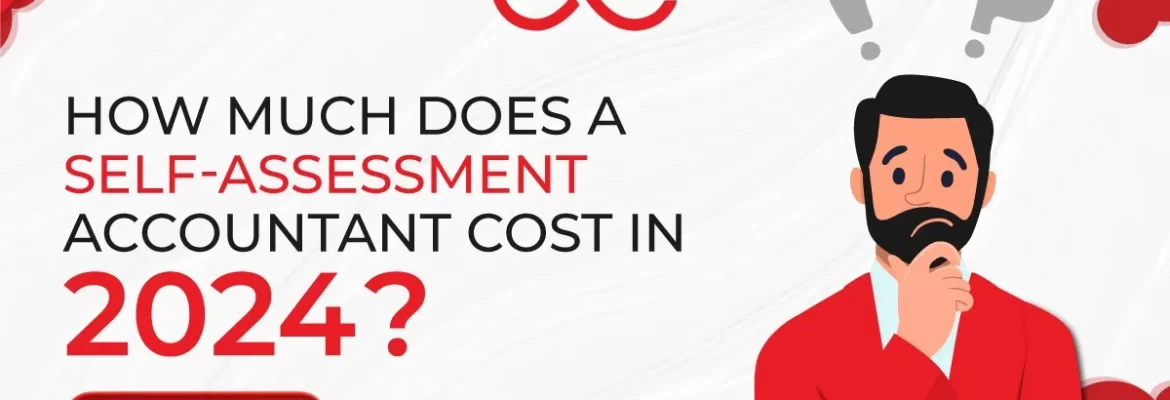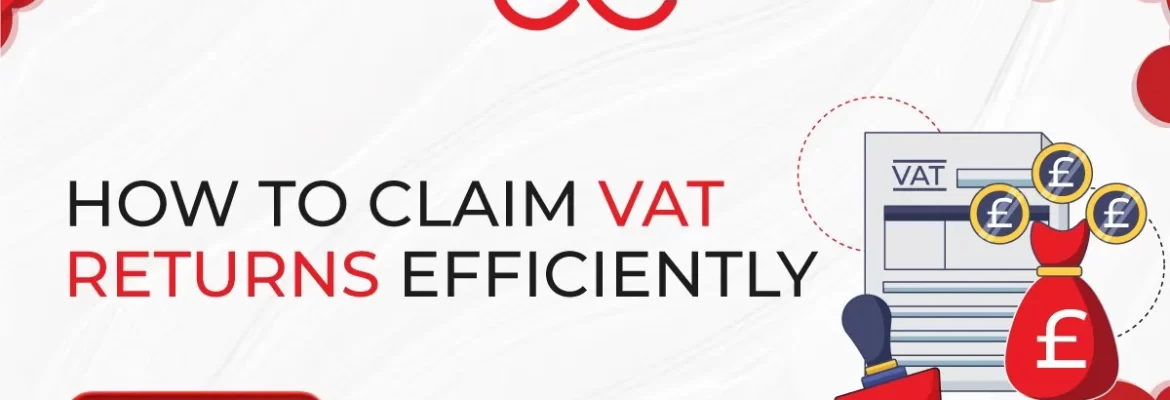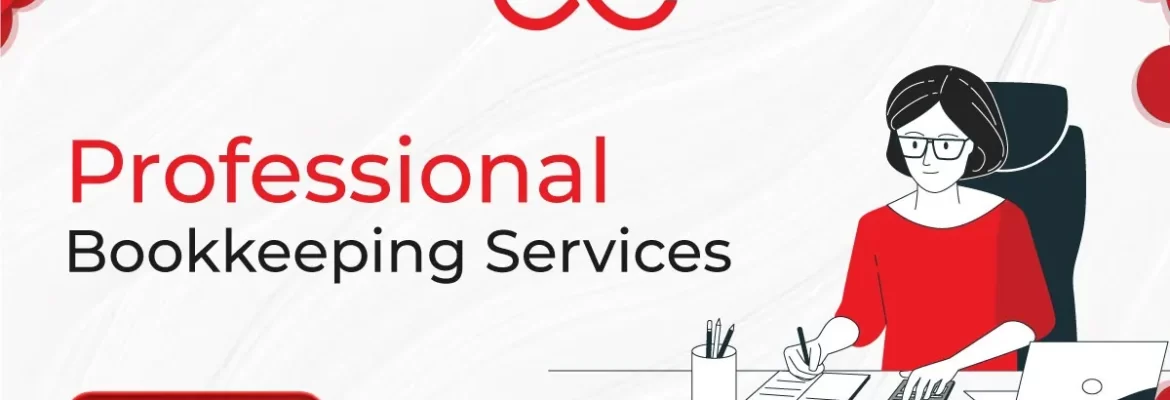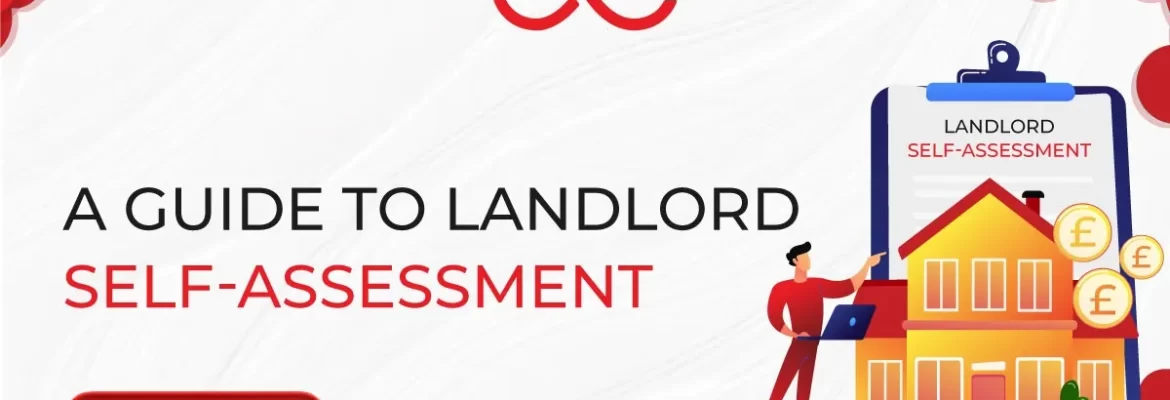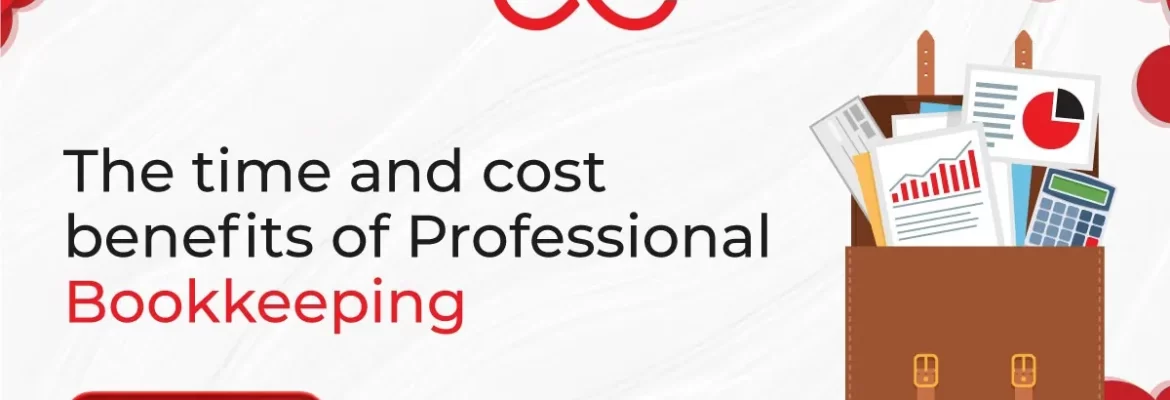Starting a side business or going freelance full-time can be both thrilling and daunting. Before diving in, it’s crucial to stay compliant with the law by registering as self-employed with HMRC. Consulting an accountant for self employed can ensure you pay the correct amount of income tax and National Insurance Contributions, helping you avoid unnecessary […]


